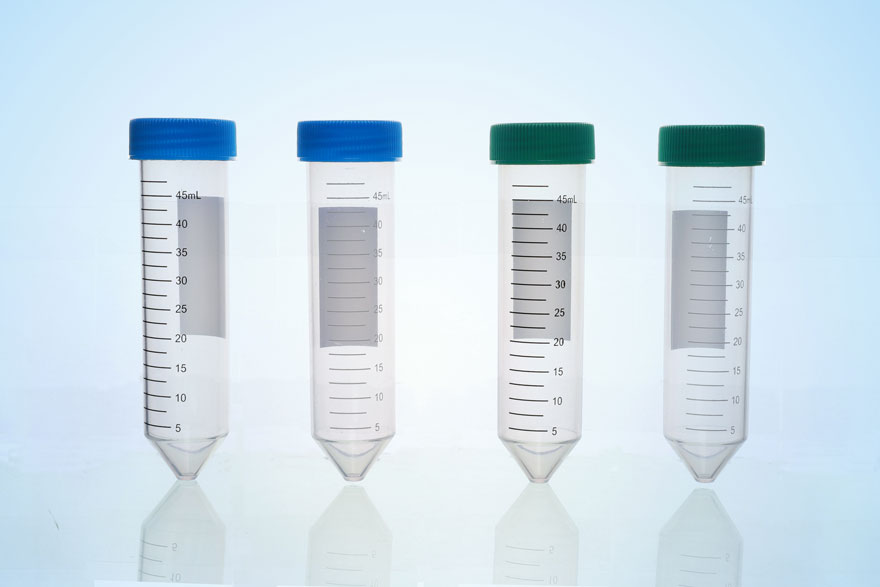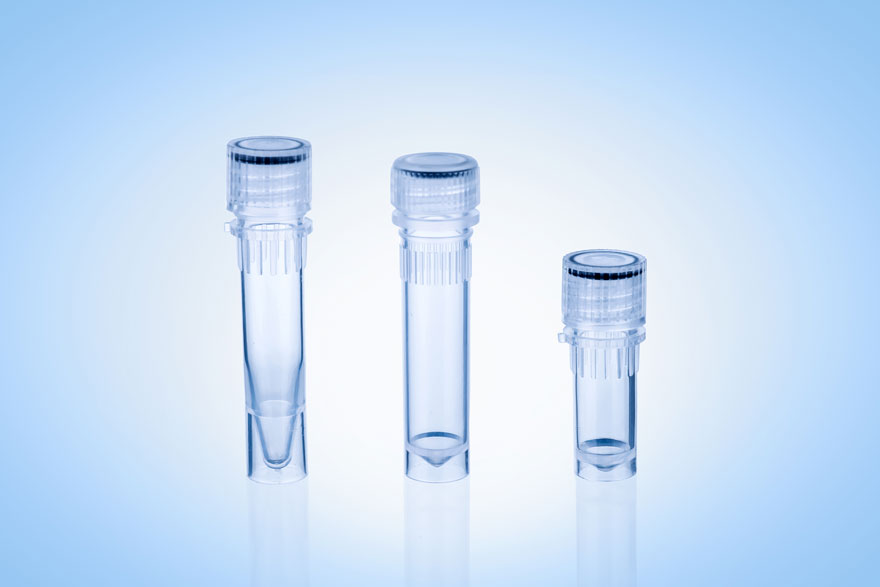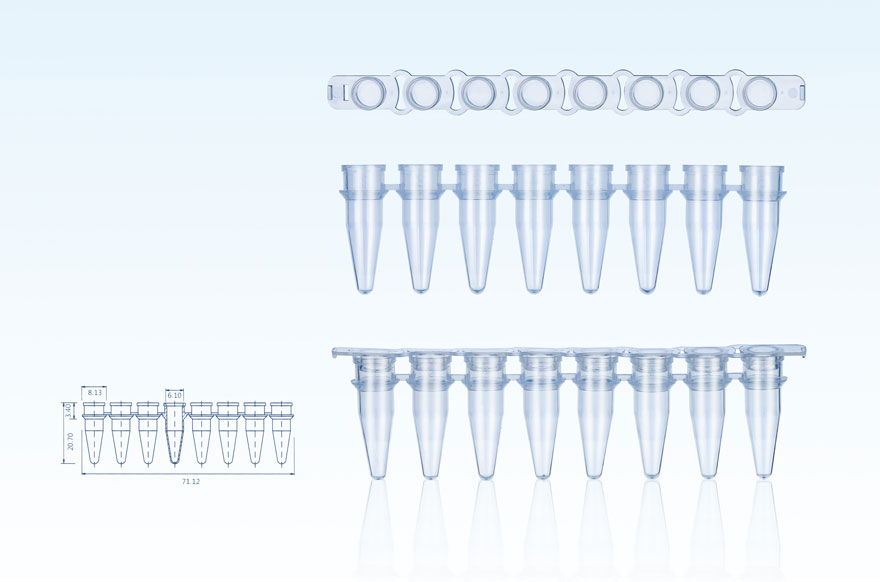Scientists use a variety of tools to conduct experiments when working in laboratories. These tools vary in terms of complexity and function, but they are all important in scientific investigation. Basic laboratory equipment consists of items that are typically inexpensive and can be used frequently. Test tube is one of the most basic of these tools.
The definition of a test tube is a thin cylinder, closed at one end and open at the other, and used to hold small amounts of various materials in laboratory testing and experimentation.
Test tubes are used primarily for qualitative observations of biological, biochemical, or chemical reactions. They are not used for measuring liquids or solutions like graduated cylinders. And what is a test tube used for? Test tube functions in the real world are diverse, but their most common uses in the laboratory are as containers to:
1. Grow or identify microorganisms
2. Hold bodily fluids or liquid solutions
3. Heat solutions(Glass tube)
4. Use as mixing vessels for observing reactions
Gongdong has specialized in laboratory consumables for 37 years, we supply the kinds of tubes as below:
Gongdong centrifuge tubes are composed of high-quality polypropylene. The tube wall has a consistent thickness. The tubes are all marked with scales, allowing the volume of concentrated liquid to be directly read out and making it easy to recycle concentrated liquid with straw. A special sealing cover that can be sterilized under high pressure and temperature avoids liquid leakage. Centrifuge tubes are used to keep liquids contained during centrifugation, which separates a sample into its constituents by quickly rotating it around a fixed axis. The majority of centrifuge tubes feature conical bottoms, which aid in collecting any heavy or solid material components.

The plastic used to create cryovial tubes is non-cytotoxic, non-mutagenic, and pyrogen-free. Seals and pipes are made of polypropylene, which has the same expansion coefficient as polypropylene, which can improve the leak proof performance of these pipes at different temperatures. The majority of cryovial tubes include screw-style closures that can guarantee the caps remain on despite variations in air pressure and temperature. Cryovial tube are designed to safely store samples, and also can be used at general cold-storage temperature.

PCR test tubes are made of high-quality virgin polypropylene. It comes with a leakage-proof snap-cap and enables you to avoid evaporation during the reaction, guaranteeing precise outcomes. The most common application of PCR tubes includes various molecular biology biochemistry experiments requiring real-time PCR (Polymerase Chain Reaction). As these tubes have ultra-thin walls, they are perfect for accurate and steady thermal transfer in an array of thermocyclers.
